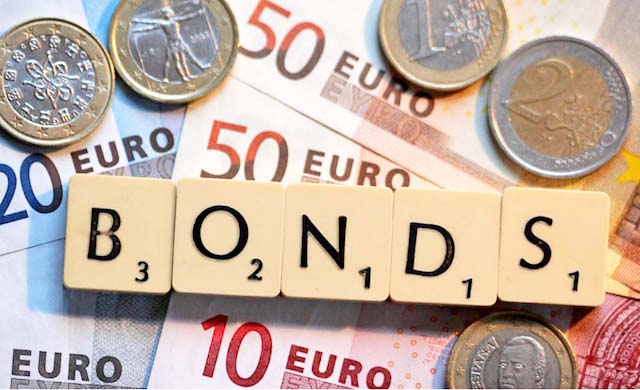Although Ghana’s public sector debt is increasing, it may not be a worrying situation, the European Union (EU) Ambassador to Ghana, Diana Acconcia, has said.
Speaking in an interview with TV3’s Alfred Ocansey on the Business Focus programme, Monday February 1, she indicated that the current debt situation is high for a developing country like Ghana, however, it all depends on how the market reacts to it.
In her view, more investors are running to buy Eurobond from Ghana in spite of the rising debts.
Ghana’s debt has hit 74% at the end of 2020, according to a recent economic and financial data released by the Bank of Ghana (BoG). The central bank put the country’s debt stock at GH¢286.9 billion.
Asked for her views on the situation, the Ambassador Acconia said “The figures are around 70 to 76 per cent of GDP, as you said it is indeed high for a developing country like Ghana.”
She further explained that whether or not the debt will be a problem depends on how the market reacts to the situation.
“The problem is how the market perceives Ghana’s debt,” she said, adding that “a few years ago, the International Monetary Fund was saying that Ghana is closed to the level of debt distress.
“On the other hand, investors are running to buy the Eurobond from Ghana. I understand that the government wants to issue new Eurobond.
“Also, I know that the foreign debt of Ghana, a lot of it is multilateral and the terms are relatively long, it is worrisome and it is not worrisome. I do not not feel qualified to give an informed and professional opinion on this issue.”
She added “The problem is that a lot of the government expenditure goes to pay interests, salaries and not much of it into free fall productive investments. The European Union, we are not lender, as an institution. Our member are creditors of Ghana and so this is not sometime that I can say it worries me.
“When we do cooperation with the government we give grants. On the hand when we do give budgetary support to the government even if it is a grant like what we gave last year, 86.5million to help the government to fight against the consequences of the Covid, we look that the public financial management is solid.”







